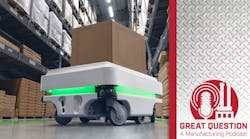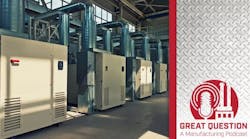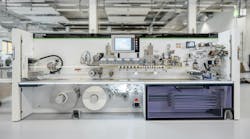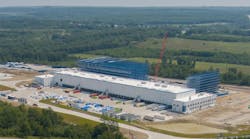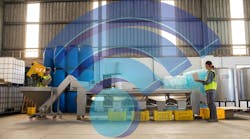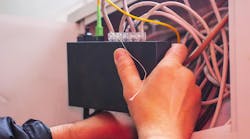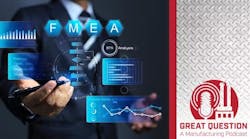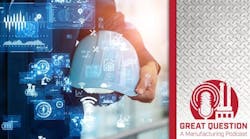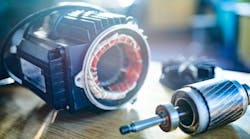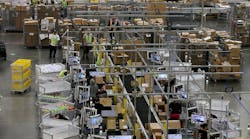The "Internet of Things" (IoT) has taken the throne as the new hype king in the tech world.
The concept revolves around connecting billions of physical things to the Internet – a kind of physical/digital mash up of big data that is predicted to disrupt just about every industry from farming to banking and just about every facet of our lives.
In the manufacturing world, the potential impact is generally measured in billions of dollars. Sometimes trillions.
However, a new report from Lux Research has found that most big data vendors' current offerings don't actually fit with the complex equipment, materials, and machines in ways that can drive profits in the manufacturing industry.
The research argues that the companies offering sensors, cloud computing, and analytics tools are starting from the wrong end.
"Big data products and services have had an easy time so far, with existing data from point-of-sale systems and online stores basically handed over from one computer to another," said Mark Bünger, Lux Research director. "But starting with available data won't work in material-centric industries trying to implement big data visions like precision agriculture, 'Industry 4.0' in manufacturing, digital oilfields and intelligent cities – because the important data isn't captured anywhere yet. Instead, these industries need to start with the business problems to be solved, and deploy new networks, sensors, protocols, and analytics to capture and crunch that data."
Lux Research analysts evaluated how industrial firms can tap the potential of big data to transform themselves in the Internet era. Among their findings:
- IoT will disrupt physical industries – in time. PCs, the Web, and smartphones created the first waves of disruption using big data for consumers, finance, and retail. The Internet of Things will similarly transform material industries, from the intelligent oilfield to personalized medicine. Still, the disruption has been slow in coming because of longer lifecycles of physical equipment, the higher risks to humans and environment, and high up-front capital costs.
- Establishing a business case. In the case of big data, the costs of hardware, software and implementation can run into the millions or billions – before any payoff comes. Consequently, even the most apparently beneficial use case needs a business case to significantly reduce process costs, increase product/service revenue or tilt competitive dynamics in one's favor.
- Big data enables big goals. The strategic opportunities stemming from big data in a particular industry boil down to two things: new sensors feeding the big data, and new kinds of analytics one can run on that data. Precision agriculture, for example, aims to make more food at lower cost to people and the planet; intelligent buildings and cities need energy efficiency and security, and smarter water management. Integrating IoT and big data is key to all these goals.
The report, titled "Information Meets Matter: Devising Big Data Strategies for Real-World Industries," is part of the Lux Research Big Data Intelligence service.
